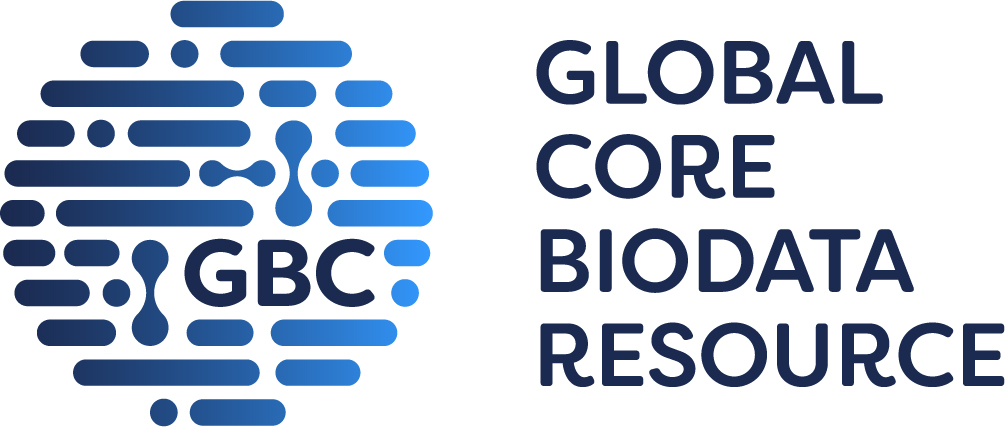
GtoPdb is requesting financial support from commercial users. Please see our sustainability page for more information.
Notch receptors: Introduction
There are five Notch ligands (DLL1, 3 and 4, and Jagged 1-2). Each member of this highly conserved receptor family plays a unique role in cell-fate determination during embryogenesis, differentiation, tissue patterning, proliferation and cell death [1]. As the Notch ligands are also membrane bound, cells have to be in close proximity for receptor-ligand interactions to occur. Notch signalling is an evolutionarily conserved pathway that regulates cell fate decisions such as differentiation, proliferation, apoptosis, angiogenesis and migration, and it is essential for normal development and the regulation of self-renewing tissues. Activation of the signalling cascade is initiated by the interaction between Notch and its ligands. This triggers proteolytic cleavage of the Notch receptor polypeptide, which leads to the release of the intracellular domain of Notch (which is the active form of the protein) from its membrane tether. The γ-secretase proteinase plays a pivotal role in Notch cleavage. As a result, γ-secretase inhibitors can be used to downregulate Notch signalling and this underlies their anti-cancer action.
Aberrant activation of the Notch pathway drives oncogenic transformation in a range of cancers, via mechanisms that result in inhibition of apoptosis and the promotion of cell proliferation [2]. Inhibition of Notch pathway signalling has therefore emerged as a novel intervention for the treatment of NOTCH-driven cancers [3-4]. A number of strategies have been developed that target Notch siganalling at different levels of the pathway; for example monoclonal antibodies that block the function of Notch ligands (e.g. demcizumab) or NOTCH receptors (e.g. tarextumab), small molecule γ-secretase inhibitors (e.g. nirogacestat) and inhibitors that block formation of the nuclear Notch transcriptional activation complex (e.g. nirogacestat).
References
1. Al-Hussaini H, Subramanyam D, Reedijk M, Sridhar SS. (2011) Notch signaling pathway as a therapeutic target in breast cancer. Mol Cancer Ther, 10 (1): 9-15. [PMID:20971825]
2. Kangsamaksin T, Tattersall IW, Kitajewski J. (2014) Notch functions in developmental and tumour angiogenesis by diverse mechanisms. Biochem Soc Trans, 42 (6): 1563-8. [PMID:25399571]
3. Sorrentino C, Cuneo A, Roti G. (2019) Therapeutic Targeting of Notch Signaling Pathway in Hematological Malignancies. Mediterr J Hematol Infect Dis, 11 (1): e2019037. [PMID:31308913]
4. Yuan X, Wu H, Xu H, Xiong H, Chu Q, Yu S, Wu GS, Wu K. (2015) Notch signaling: an emerging therapeutic target for cancer treatment. Cancer Lett, 369 (1): 20-7. [PMID:26341688]







